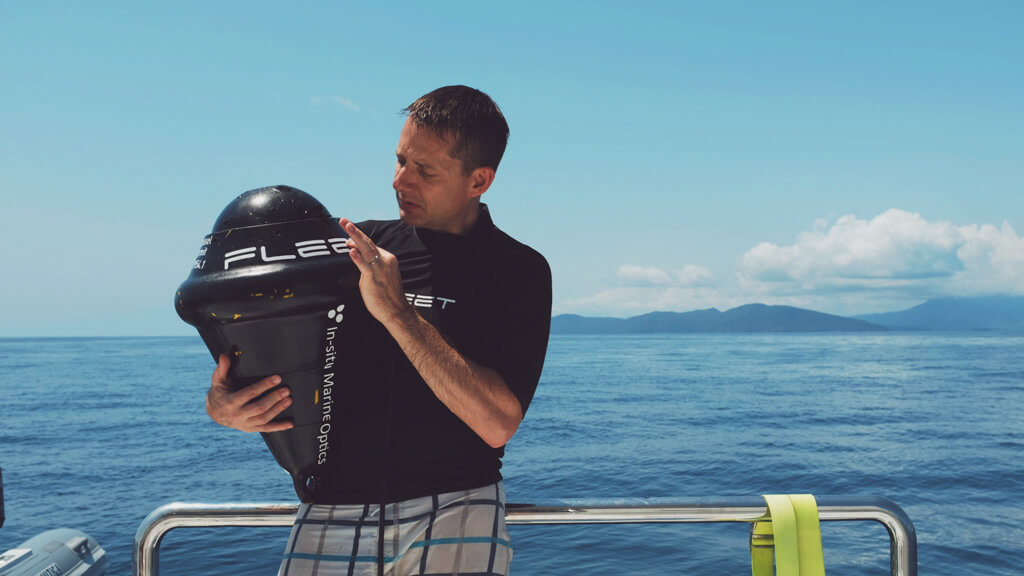Sydney, Australia: Leading space venture Saber Astronautics has been selected by Fleet Space Technologies Pty Ltd as the operations provider in the announcement of a new satellite constellation to provide ubiquitous connectivity to the Internet of Things. Fleet Space, based in Adelaide, plans to launch 100 small satellites starting in 2017, one of the largest satellite constellation projects ever undertaken.
The Internet of Things (IoT) connects data from physical objects to better understand our world and solve problems. Examples range from smart cities to ultra-efficient agriculture. There are a huge range of industries needing communication to small, low-cost, very-often remote devices, from monitoring transport logistics assets to mining, oil and gas, and disaster early warning systems. With practically limitless applications, the IoT services market is expected to grow to $9 trillion by 2020.
Fleet Space will launch 100 small IoT satellites into Low Earth Orbit to gain continuous high level coverage and share information from wider swaths of the Earth. Areas that are difficult to reach, such as the Australian Outback and many farms and smaller townships, will be the first stakeholders of the network. To provide cost-efficient, low-bandwidth data services, Fleet has developed the ability to rapidly produce small satellite infrastructure at low-cost, and needed an operations centre to handle the load.
This is where Saber Astronautics comes in. Saber has spent several years developing the “Responsive Space Operations Centre” (RSOC). RSOC, called the Mission Control for the 21st Century, combines modern video game design methodologies and world class machine learning to greatly ease the task of controlling satellites. The technology was first trialled in 2013 with a small satellite out of California and proved to be three times more efficient than the US counterparts. For Fleet Space this is important because space operations can cost up to 1/3rd the cost of the entire mission, and any savings are passed to customers to make Fleet more competitive in this rapidly growing market.
In a statement, Saber Astronautics Director and CEO Dr Jason Held expressed enthusiasm for the work, “Fleet’s mission is exactly what our company is designed for—lots of satellites, large operational challenges, but with a great payoff directly linking space data to consumers on the ground. This will make life easier and more interesting for many millions of people.”
Fleet Space CEO, Flavia Tata Nardini also expanded on the strength of the collaboration with Saber, “The teams at Fleet Space and Saber Astronautics have been working alongside for years with the common goal of making Australia’s space industry flourish. It is fantastic to see two innovative Australian space start-ups come together on such an important, far-reaching project”

